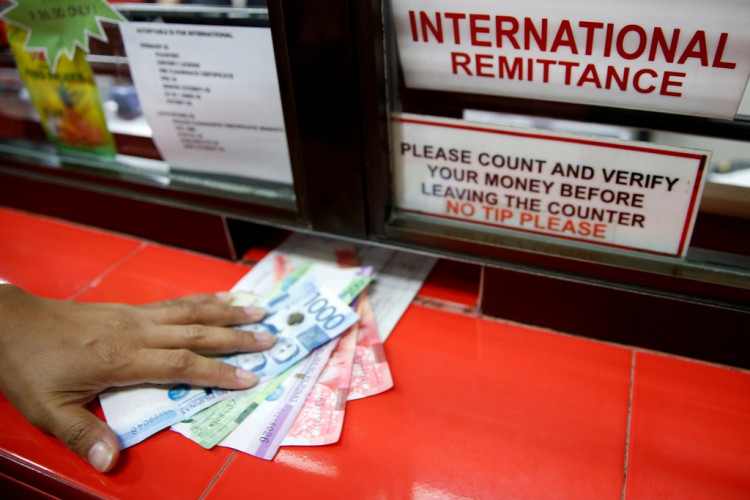Each of the 7.7 billion people today has debt amounting to $32,500, according to the latest report from the Institute of International Finance. Each of the people has more than 3.2 times debts than the world's annual economic output.
Overall, the debts around the world are estimated to reach an all-time high of more than $257 trillion in the coming months, the report said. The report added that there are no indications that a reversal is taking any moment.
There are about $9 trillion debts accumulated in the household, government, financial sectors of the economy just in the first three quarters of 2019. In the developed world total debt ballooned $180 trillion while in emerging markets it swelled to about $144 billion. That's on top of the $20 trillion accumulated corporate debt in the emerging market.
Household debt to GDP was remarkably high in Belgium, Finland, France, Lebanon, New Zealand, Nigeria, Norway, Sweden, and Switzerland. At the same time, non-financial corporate debt to GDP is extra high in Canada, France, Singapore, Sweden, Switzerland, and the United States while government debt is at an all-time high in Australia and the United States.
The findings of the IIF followed a similar survey conducted by the World Bank. The latter, however, focused on debts in emerging markets, which climbed a record high of $55 trillion in 2018.
The World Bank report said global debt has been rising for eight consecutive years already. The group calls for governments around the world to implement policies promptly to prevent further debt escalation. Also, governments should strengthen their economic policies to make domestic markets less vulnerable to financial crises.
Meanwhile, a report from the UK's Money and Pensions Services warned people about the buy-now-pay-later scheme popular among retailers. Such schemes are commonly offered through credit card payments.
Indeed, a separate study, said 70% of millennial have some form of outstanding debts, the most concerning of all is the high-interest credit card balances. Credit card debts are the most common type of debt among this generation.
The thing about millennial is that they incur debts because they are confident that they can pay them all off in five years. According to the study, about 40% of millennial are confident they are debt-free in five years with one in 10 saying they can pay off the debt in one year. Indeed, a mere 7% of millennial feared that they will die drown in debt.
In 2018, the same survey found that 20% of millennial are scared that they can never pay off debts.






